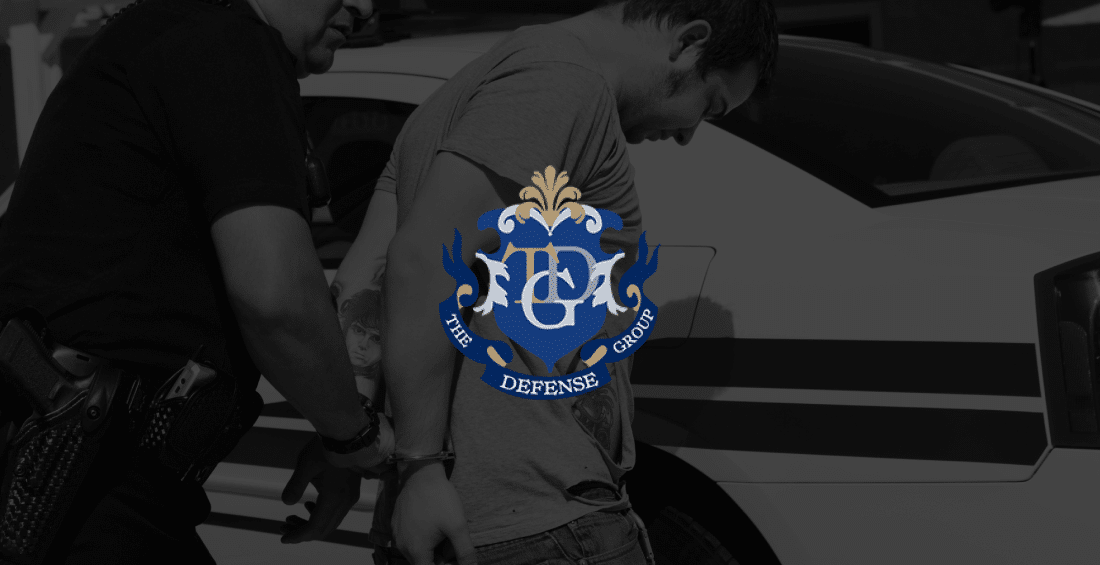If your child has been charged with a crime and they are under 18 years old, they may be tried in juvenile court rather than regular adult court. Minors may be tried in juvenile court if they are convicted of committing a felony, misdemeanor, contempt of court, or a violation of local ordinance. Juvenile court is different from adult court in many ways, the most notable of which is that under Florida law, juveniles are not tried by a jury. Instead, the juvenile court judge will make a final ruling on their guilt or innocence.
In juvenile court, a judge may consider how your child’s family and home circumstances led them to their actions. In adult court, however, a judge will not consider these factors when deciding whether to convict or acquit. Similarly, your child will lose access to services like group counseling and individual therapy since adult court does not focus on rehabilitation. You also will not be able to stand next to your child during court proceedings if they are tried as an adult, which can be very frightening for both parents and children alike.
How Does Juvenile Court Work?
The process for juvenile court is similar to adult court, although it tends to move slightly faster.
Below is the general process your child will go through if they are arrested and charged with a crime:
-
Arrest and detention. Once your child is arrested and detained, they will be taken to a detention center where officers will contact their parent or guardian for potential release.
-
Detention hearing. If your child is detained, they will get a detention hearing within 24 hours. The judge will decide whether to release or keep your child in the detention center.
-
Arraignment. Around 30 days after the arrest, your child will be arraigned and can plead guilty, not guilty, or no contest.
-
Pre-trial diversion. If your child is a first-time offender, they may qualify for a pre-trial diversion program.
-
Plea negotiations. Your child’s lawyer and the prosecuting attorney will negotiate to see if they can reach a plea bargain.
-
Trial. If no plea bargain is reached, your child’s case will likely go to trial before a judge.
What Are Pre-Trial Diversion Programs?
Pre-trial diversion programs are sometimes offered to first-time offenders, especially in juvenile court. If your child has been charged with a relatively minor felony offense and has no prior criminal record, our team may be able to enroll them in a pre-trial diversion program instead of serving jail time. Most pre-trial diversion programs involve completing a course, like drug and alcohol rehabilitation or community service. Most pre-trial diversion programs allow children to stay in school and complete their education. In most cases, once the pre-trial diversion program is completed, your child will no longer have charges on their criminal record.
When is a Minor Tried as an Adult?
While most minors are tried in juvenile court, Florida law does allow prosecutors to try minors in adult court if needed. There are many factors that the court will consider before making this determination.
A prosecutor might consider the following:
-
How old your child is
-
Your child’s criminal history
-
The severity and nature of the crime
In many cases, prosecutors can send juveniles to adult court if they are over the age of 14 and have committed any of the following felonies:
-
Burglary
-
Murder
-
Attempted murder
-
Sexual battery
-
Aggravated battery
-
Aggravated assault
-
Home invasion
-
Grand theft auto
Most children who are 16 or 17 years old and commit a felony crime are charged as adults. If your child is facing felony charges, reach out to our law office today for assistance.
Should I Hire a Criminal Defense Lawyer?
If your child is charged with a felony crime, hiring a criminal defense lawyer is the best way to reduce or even remove the penalties they may be facing. Felony charges are serious and can impact your child’s life for years to come, especially if they are tried as an adult. Our team can assist you by gathering evidence on your child’s behalf, negotiating with prosecutors, and representing your child in court if necessary. Don’t leave your child’s future up to chance. Contact The Defense Group by calling 407-743-8430 today.









